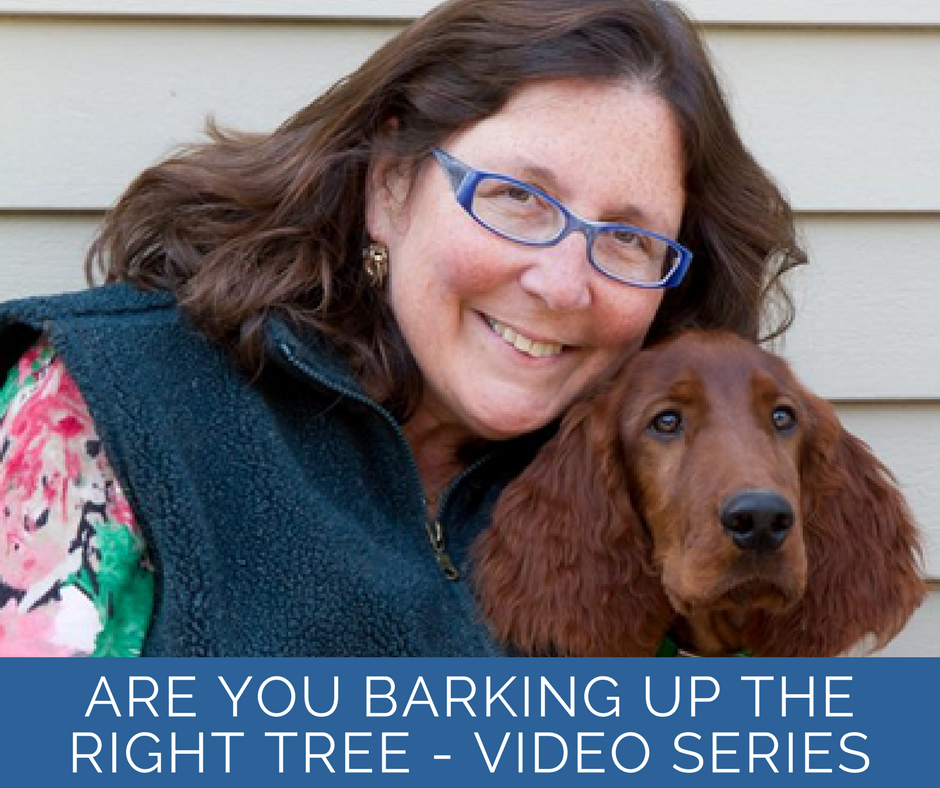Are they mutually exclusive?
This post briefly touches on the subject matter of a 1-hour tele-conference being held by Debra Vey Voda-Hamilton of Hamilton Law and Mediation in December 2011. Look for sign-up information below. We will contact you in October 2011 with the ‘how to attend’ the incredibly helpful teleseminar, “How to be a good neighbor- Dog vs. Man”. It answers this age-old question. Keep checking in for the dates and times of all of our helpful animal conflict discussions.
Are you frustrated with your dog-loving neighbor’s
incessantly barking pet?
Are you a dog owner whose pet barks constantly?
If either or both of you follow these three easy steps, your neighbor relationship will improve beyond your wildest dreams. I bet you are saying they are way too simple. If they are so simple why haven’t you employed them yet??
First –Inquire/Communicate
Second-Listen
Third-Act with purpose.
First Rule:
COMMUNICATE
When clients come to me on either side of this ‘barking dog’ dilemma I start our conversation by asking,
“Have you spoken to your neighbor?”
Invariably they say no.
Excuses start with I couldn’t do that because, I didn’t want to:
cause a problem,
be a nosy neighbor
or the best, “I’m afraid they/I will hurt me/him if I talk to him!”.
Do any of these fit your dilemma???
People, lets realize the solution starts with communication.
A recent mediation case I had involved a barking dog that was bored. The non-dog neighbor wanted to move from his home the barking was so loud and incessant. However, how could he move, no one would buy his house because of the dog and he really liked his home except for the barking dog!
The dog owner didn’t hear the barking. To him it was intermittent.
The incessantness of the barking had become exaggerated by the neighbor and minimized by the dog owner.
The dogless neighbor couldn’t or wouldn’t speak to his dog-owning neighbor. He feared being seen as a crank or complainer. If he couldn’t raise the issue how could he possibly hope to survive, enjoy his home and maintain a relationship with neighbor?
They both came to my office and were given the opportunity to speak up in a safe and neutral environment. Their ability to ‘speak-up’ for themselves, in a non-confrontational way (KEY) enabled them to ask each other how things might be solved.
This conveniently leads us to the Second Rule, which works hand in hand with the first
After you speak…
LISTEN
Our first reaction when we are faced with a difficult discussion is to defend ourselves. We start thinking of our answer before the other person has even stopped talking. When we respond we are reacting to a conversation we are having in our head with ourselves, not responding to what the other person may be saying. We often miss hearing a possible solution in the statements made by one of the speakers because we are preparing to defend our position to the end.
STOP, LOOK THE OTHER PERSON IN THE EYE AND LISTEN.
Third
Once the discussion is had,
ACT WITH PURPOSE
If you promise to keep your windows closed to limit the disturbance the barking dog creates or walk the dog more each day so he is not bored and bark less, DO IT!!
REMINDER:
When you make an agreement with your neighbor to keep the peace, recognize what you really can and will do. Only make promises you can keep.
When you make an agreement with your neighbor to keep the peace, recognize what you really can and will do. Only make promises you can keep.
Didn’t our mothers tell us that many years ago?
Unless mediation is explored as a communication catalyst, what usually happens in these kinds of situations is that the people annoyed by the barking dog wait until they are so angry something totally different sets off a disagreement or a heated dispute. The dog owner, unaware his parking job is only the final straw in his neighbor’s basket of anger over the barking dog, is dazed and confused by the reaction of his otherwise kind neighbor.
By the time the ‘basket is full’ attack occurs the dog owner responds by defending himself and his parking job. The neighbor’s blind rage over something totally different, set in motion by his anger over the barking dog, never addresses the root cause of his anger. He is sometimes left feeling stupid for overreact to a bad parking job. This can further inhibits a future conversation from taking place, thereby hindering the root issue, the barking dog, from being addressed or even being a footnote to this argument.
Dog ownership is not mutually exclusive and neither is the choice not to have a pet.
How we interact with each other is something we have control over.
Inquire/Communicate, Listen and Act. It will keep little annoyances from escalating into huge frightening encounters.
For more on the How to Be a good Neighbor-Dog-vs. Man, please leave your email on the contact page. We will let you know how to attend the free 1-hour teleconference held in December.
Until then, I am Debra Vey Voda-Hamilton of Hamilton Law and Mediation–Laying a foundation for a new beginning.
Contact us at:





